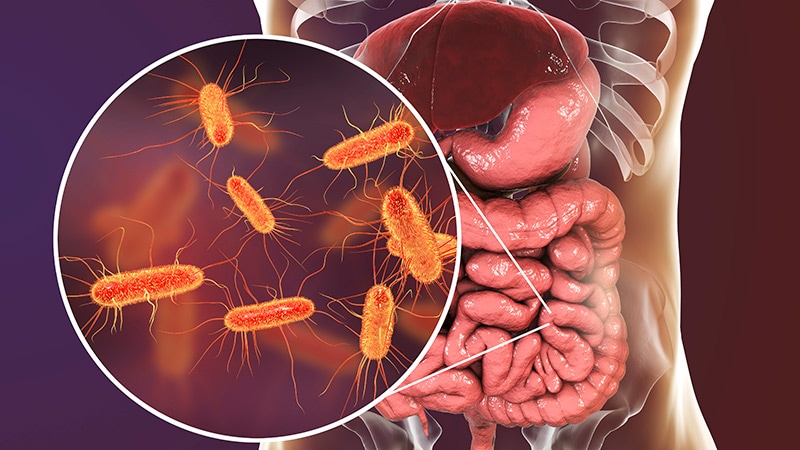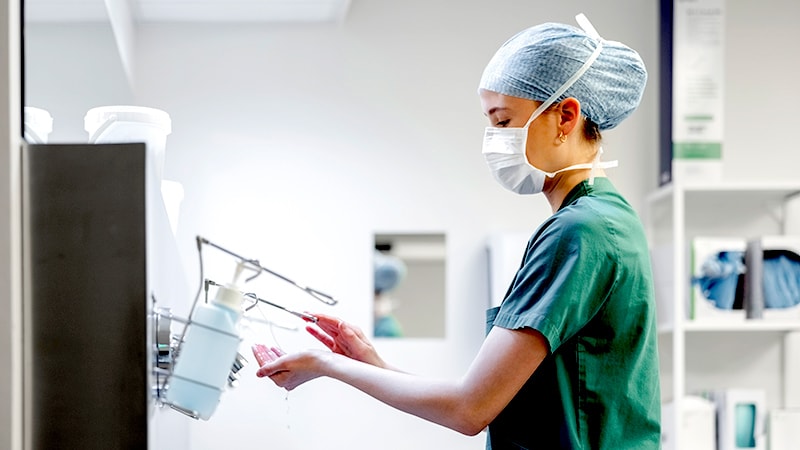Takeaway
- Hospitalised patients receiving proton pump inhibitors (PPIs) are at greater, dose-dependent risk for Clostridium difficile infection (CDI), particularly if their exposure at admission is ≤6 days.
Why this matters
- PPIs should only be used at proper doses, and only for the necessary indications to avoid CDI risk, say researchers.
Study design
- Researchers studied CDI occurrence in hospitalised patients (N=157,693; men, 58.8%; mean age, 59.5±13.5 years; mean hospitalisation, 9.0±6.7 days), comparing outcomes for patients receiving PPIs with those of unexposed patients matched by sex, age, hospitalisation duration, and admission date.
- Funding: None disclosed.
Key results
- Overall, CDI incidence in the PPI group was 1.81 times greater than in the control group (95% CI, 1.51-2.28).
- PPIs associated with the greatest CDI risk were esomeprazole (aHR, 1.79; 95% CI, 1.44-2.21) and pantoprazole (aHR, 2.02; 95% CI, 1.47-2.76).
- High PPI doses were associated with greater CDI risk than medium doses (aHR, 1.95 vs 1.28).
- CDI incidence was 4.24 times greater when PPI exposure was ≤6 days.
Limitations
- The study was retrospective, single centre, and did not distinguish whether PPI exposure was associated with incident or recurrent CDI.
References
References



